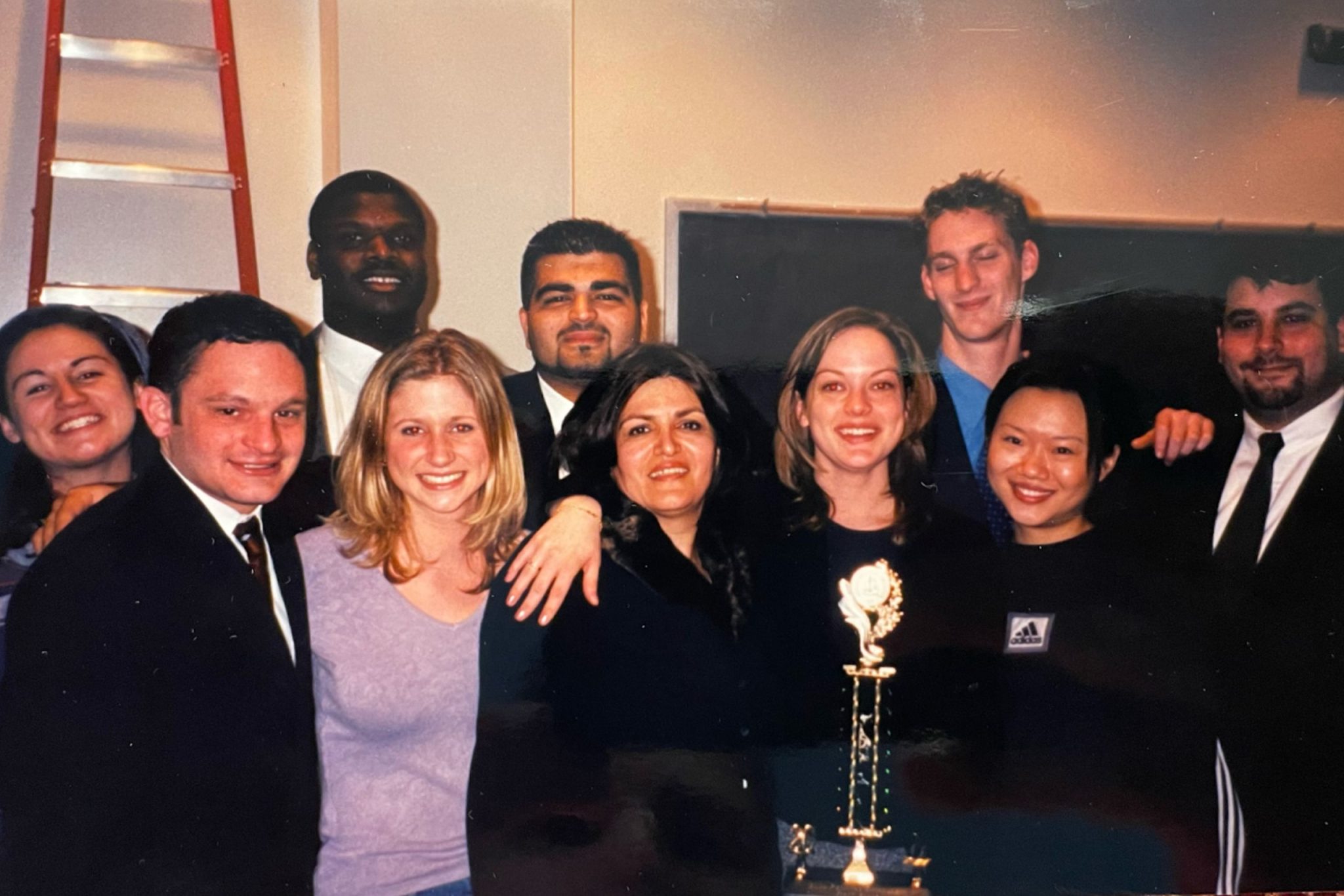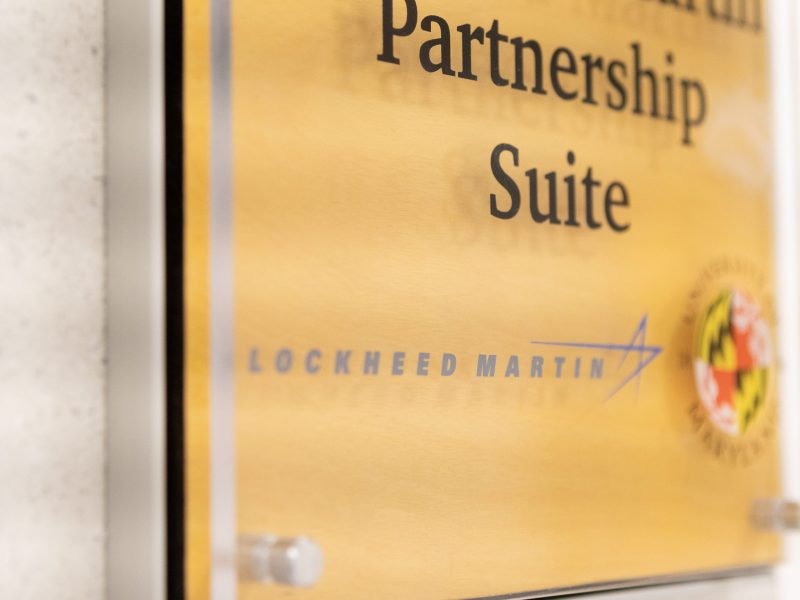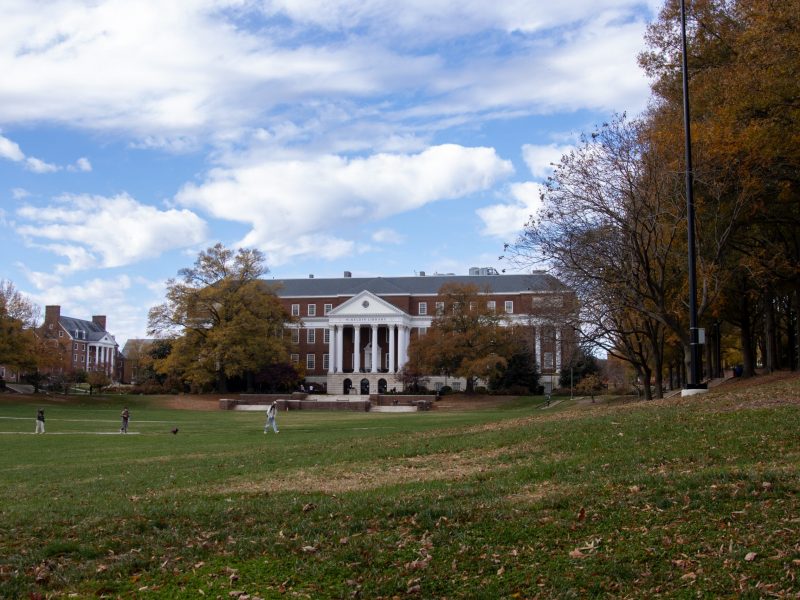Disclaimer: Josh Hananel, this story’s author, is a representative of the Residence Hall Association.
By Josh Hananel
For The Diamondback
The next chief judge of Iowa’s Fifth Judicial District said he first caught the law “bug” as a student at the University of Maryland.
But when he first started at this university in fall 1995, David Porter was a neurobiology major set on becoming a brain surgeon.
His interest in learning law sparked in a class taught by associate professor Noel Myricks, changing his assumption that the core curriculum requirements for neurobiology were simply “filler” classes.
Porter, who will assume the role in January, said he looks back to his time at this university as a critical point in his life when he developed not just an interest in law, but his principles of perseverance.
“‘Now, it’s all on you,’” Porter said he thought to himself when graduating. “‘You have every tool you need, and you learned it here at the University of Maryland.’”
Myricks later influenced Porter to join this university’s mock trial. The program, founded by Myricks in 1989, has won five national championships since its inception.
[UMD alumni offer STEM students tips for job searching in a turbulent market]
“I’ve been very pleased that many of my students all over the country have kind of stayed in touch with me long after they graduated,” Myricks said. “[Porter and I] had that kind of relationship.”
Porter said Myricks became a mentor for him not just in mock trial but throughout his law career.
He emphasized Myricks’ Socratic method of teaching which challenged and fascinated him.
“I cannot tell you what a champion [Myricks] has been in my life,”10 Porter said.
Porter joined mock trial his senior year, where he was partnered with Amir Sadeghy, who later became the program’s director. They finished second in the nation 25 years ago in the mock trial championships in Des Moines, Iowa.
“Immediately [Porter] just sort of commands the courtroom with his voice… and he was just an extremely hard worker,” Sadeghy said.
Competing in Des Moines gave Porter connections to Drake University Law School. Porter worked at a law firm in Las Vegas after graduating from Drake but said the work there was tedious.
“I didn’t feel as though I was making a difference,” Porter said. “I wanted to stand in front of a jury and vindicate a position.”16
Porter sought guidance from Myricks, who suggested returning to Iowa for more opportunities.
[UMD student creates mental health brand, publishes self-reflection journal with her mother]
By the time he returned to his passion of trial law in Iowa, Porter said he was “addicted to trial work.”
“I would characterize him as someone who found his passion and followed it and never stopped,” Sadeghy said.
Porter added that Iowa Judge Richard Blane, who he highlighted as a mentor, suggested he should look into becoming a trial judge.
Blane noted that judges have the distinct ability to interpret what the law should be, in addition to teaching it to people, Porter said.
As a judge for slightly more than 10 years, Porter has worked in the law with the same fascination that struck him when he first studied cases in Myricks’ class.20
Nevertheless, Porter said he’s had his fair share of challenges and rejections throughout his journey. Learning from Myricks while in this university’s mock trial team and working countless trials in his career, Porter has developed a powerful mindset of perseverance.
“Perseverance is … the single most important thing that’s gotten me to where I am right now,” Porter said. “Simply persevere. Never give up.”



